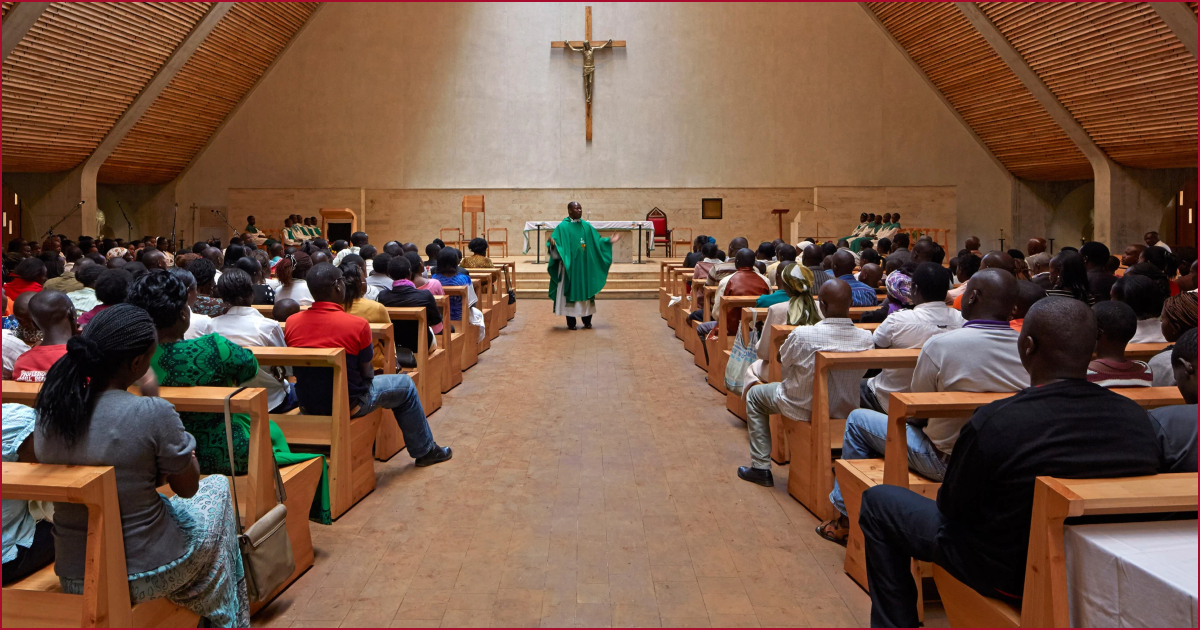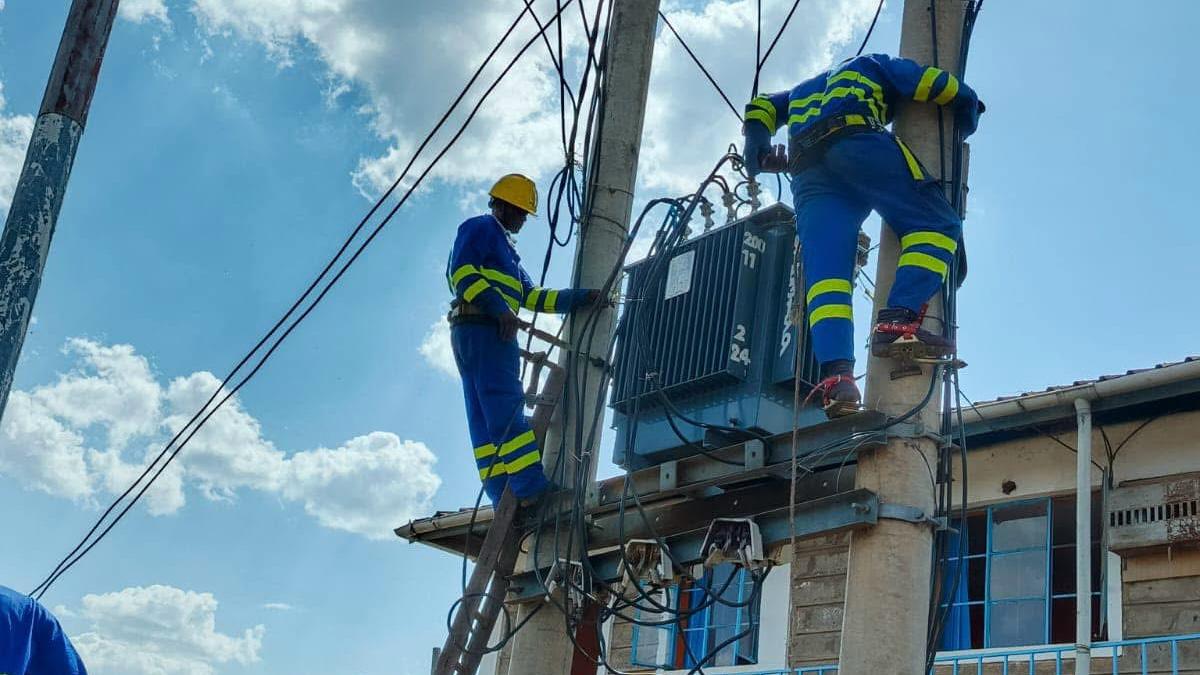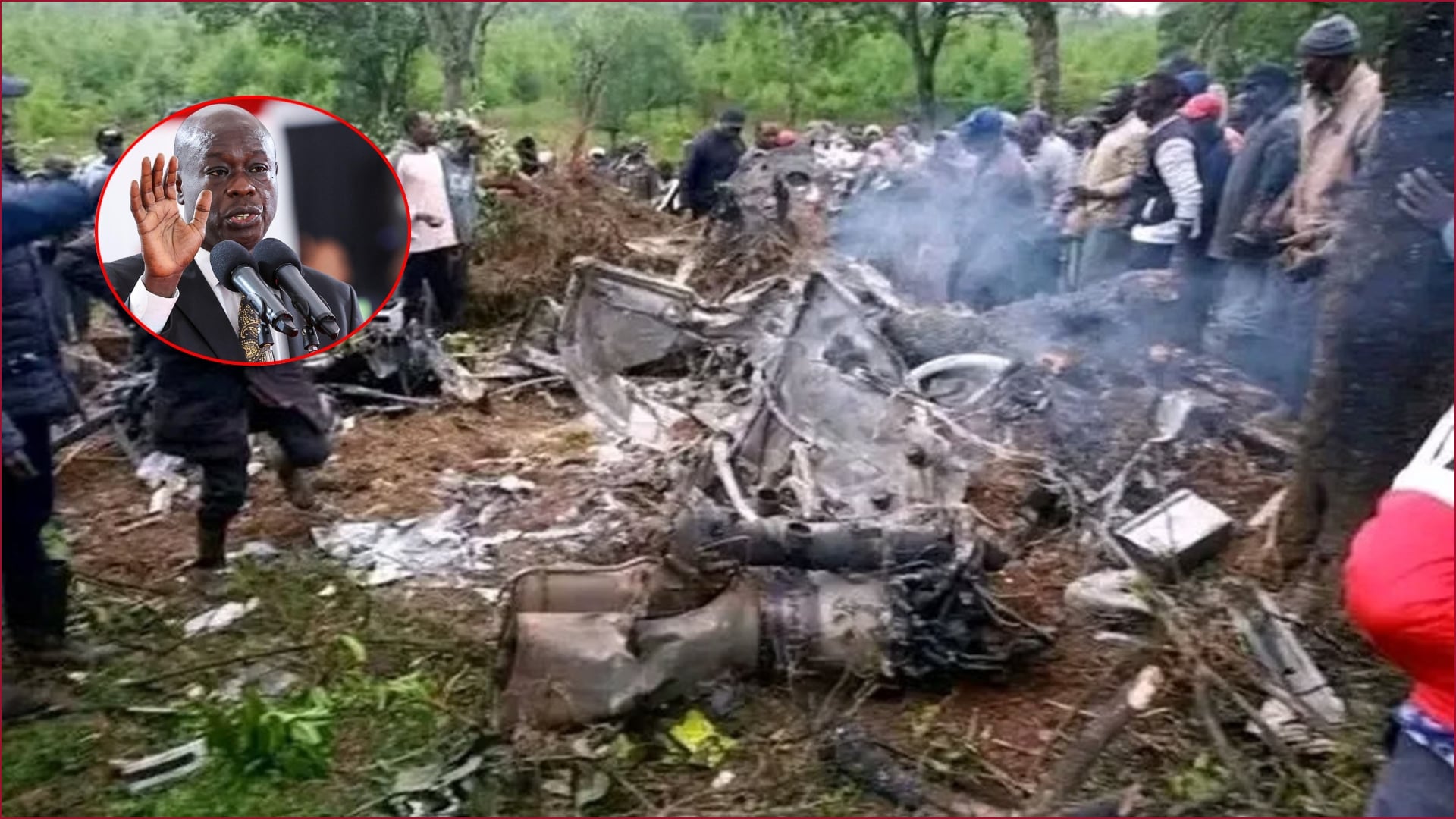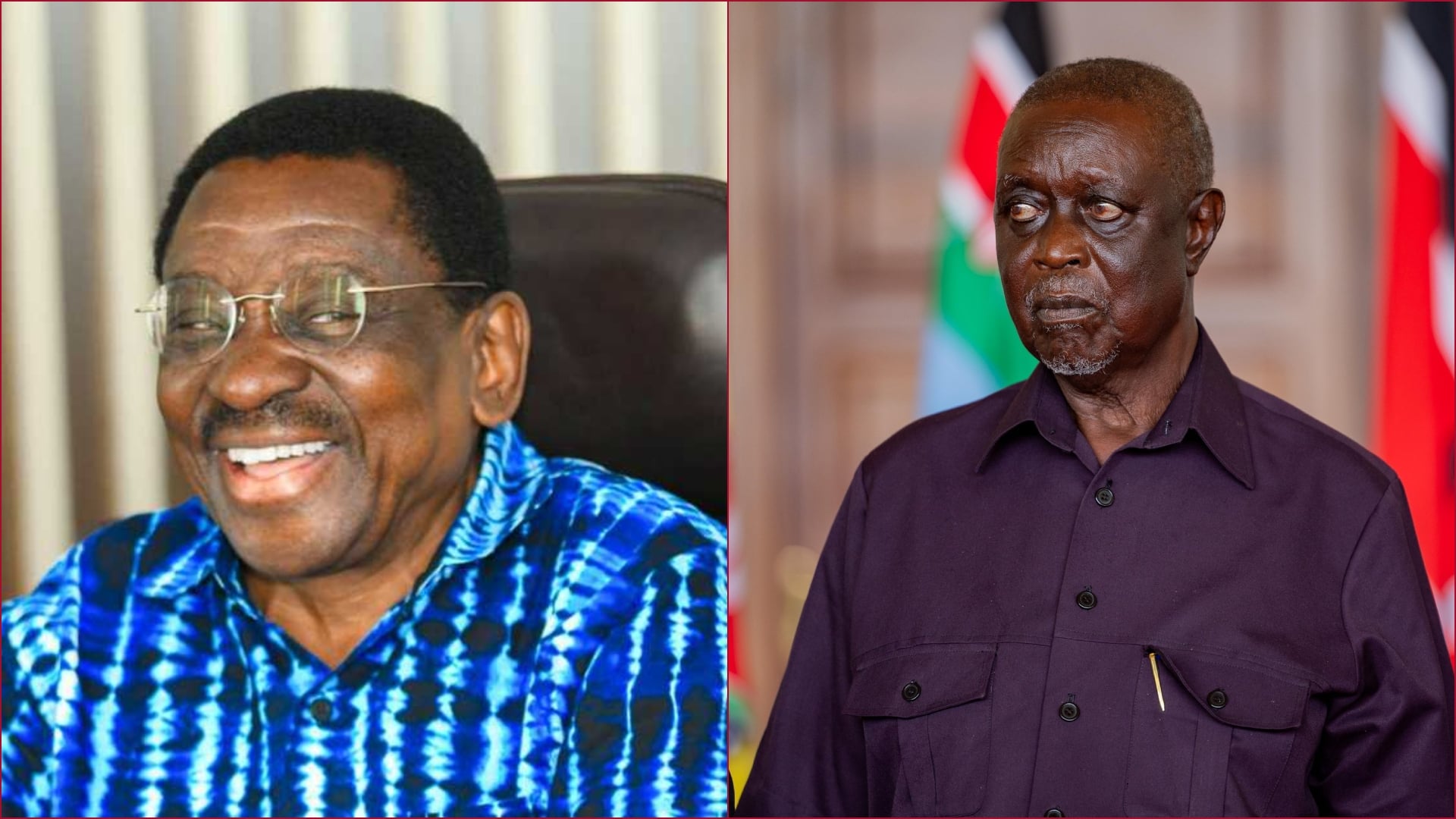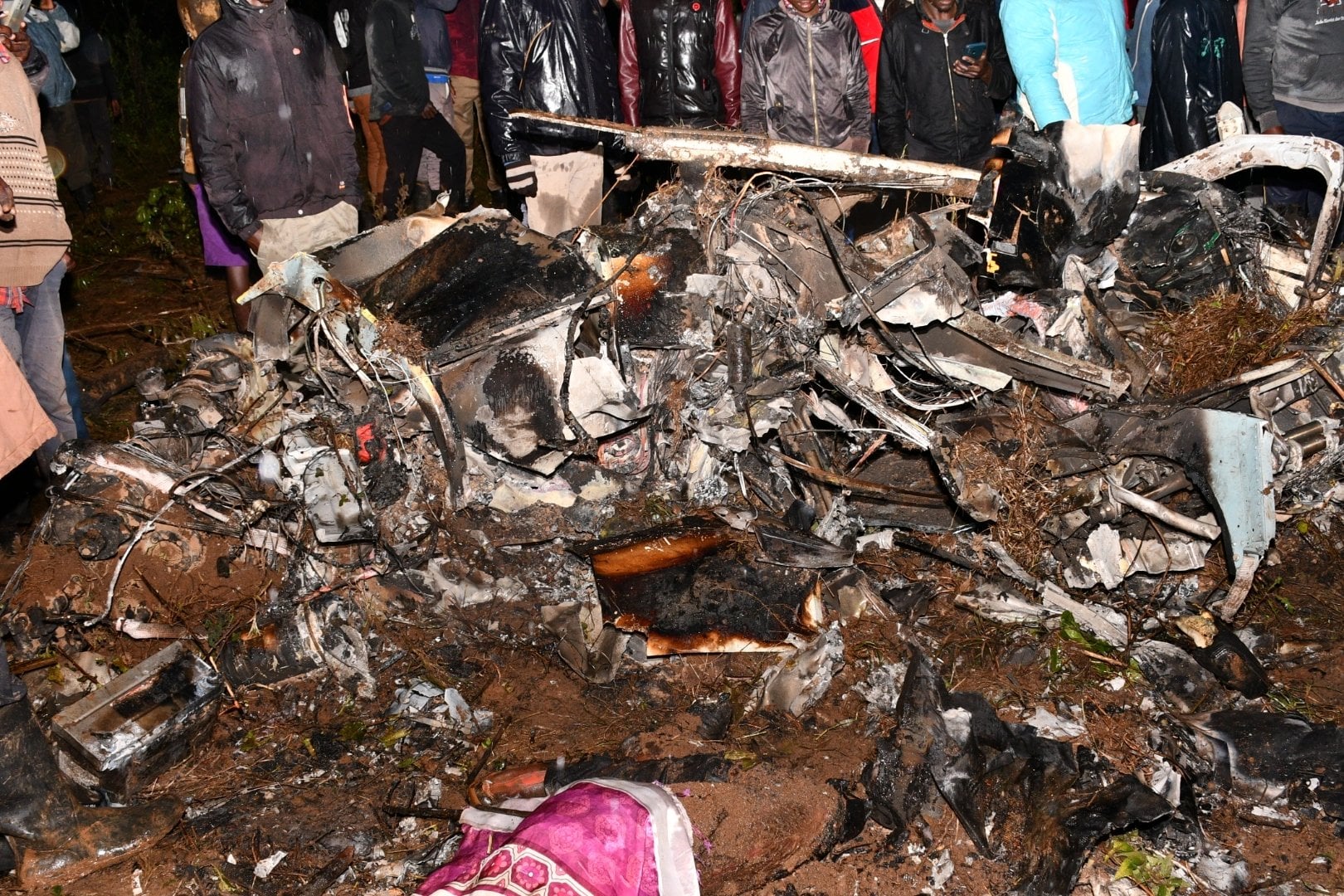The National Council of Churches of Kenya (NCCK) has instructed the places of worship to include the concerns about the Finance Bill 2024 in churches.
The council argued that with the churches having presented memoranda to the Finance and Planning Committee over the bill, it was prudent that they took the message of peace and justice to the pulpits.
"NCCK welcomes you to use these sermon guides to share messages that promote peace, justice and dignified livelihoods, and resilient communities. Make your voice heard on the Finance Bill 2024," it told the churches.
The NCCK provided relevant verses from the Bible that the preachers could reference while addressing the bill's contentious issues.
Among them are Isaiah 35: 3-4 and Proverbs 24: 27.
Read More
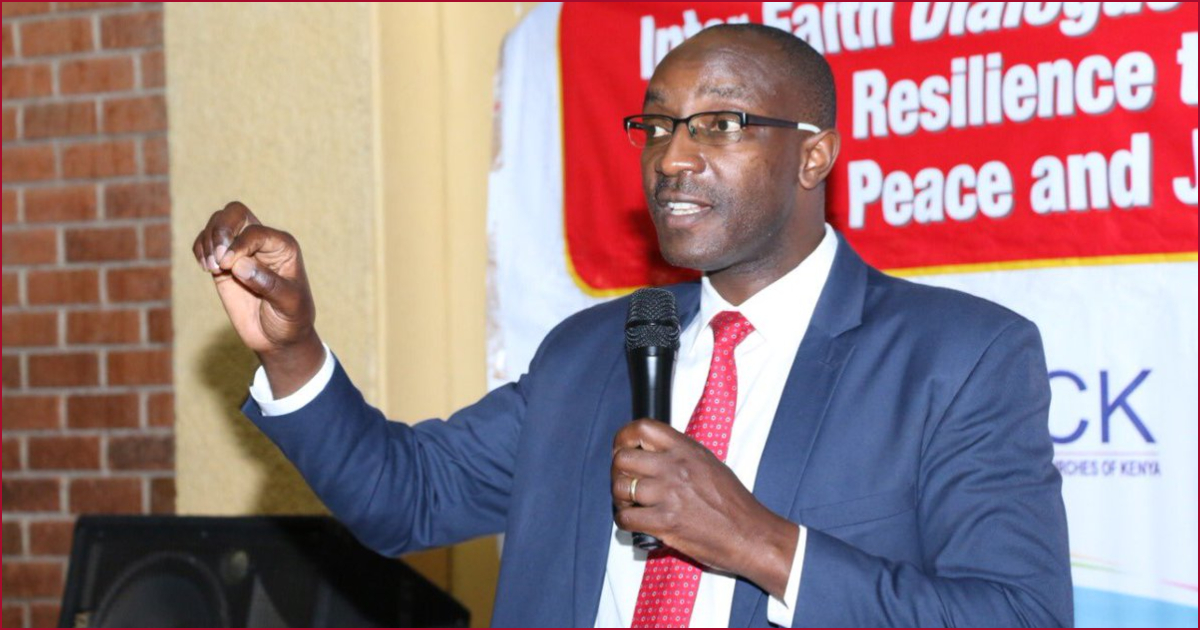
In its communique, NCCK noted that the main purpose of the government and social structures is to provide hope and opportunities for the people to build their lives and be productive.
It noted that the bill, if enacted, would burden Kenyans and hamper manufacturing, among other crucial aspects that drive the country.
"Increase in taxes through Eco Levy will increase production costs, an increase of Excise Duties will make goods more expensive, an increase of transport costs by taxing petroleum more will make it unbearable for Kenyans," NCCK highlighted the areas the churches should tackle.
It went ahead to ask Parliament to reject the current Finance Bill 2024 and task the Treasury with drafting a new one focused on improving the welfare and livelihoods of the Kenyan people.
The bill has attracted uproar from Kenyans, with a huge section resorting to hit the streets to protest it.
On Thursday, June 20, a total of 204 lawmakers voted to pass the bill to the next stage, against 115 who opposed it.
Being opposed in the unpopular bill are the taxation proposals borne in the bill, among other provisions believed to be draconian.
